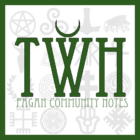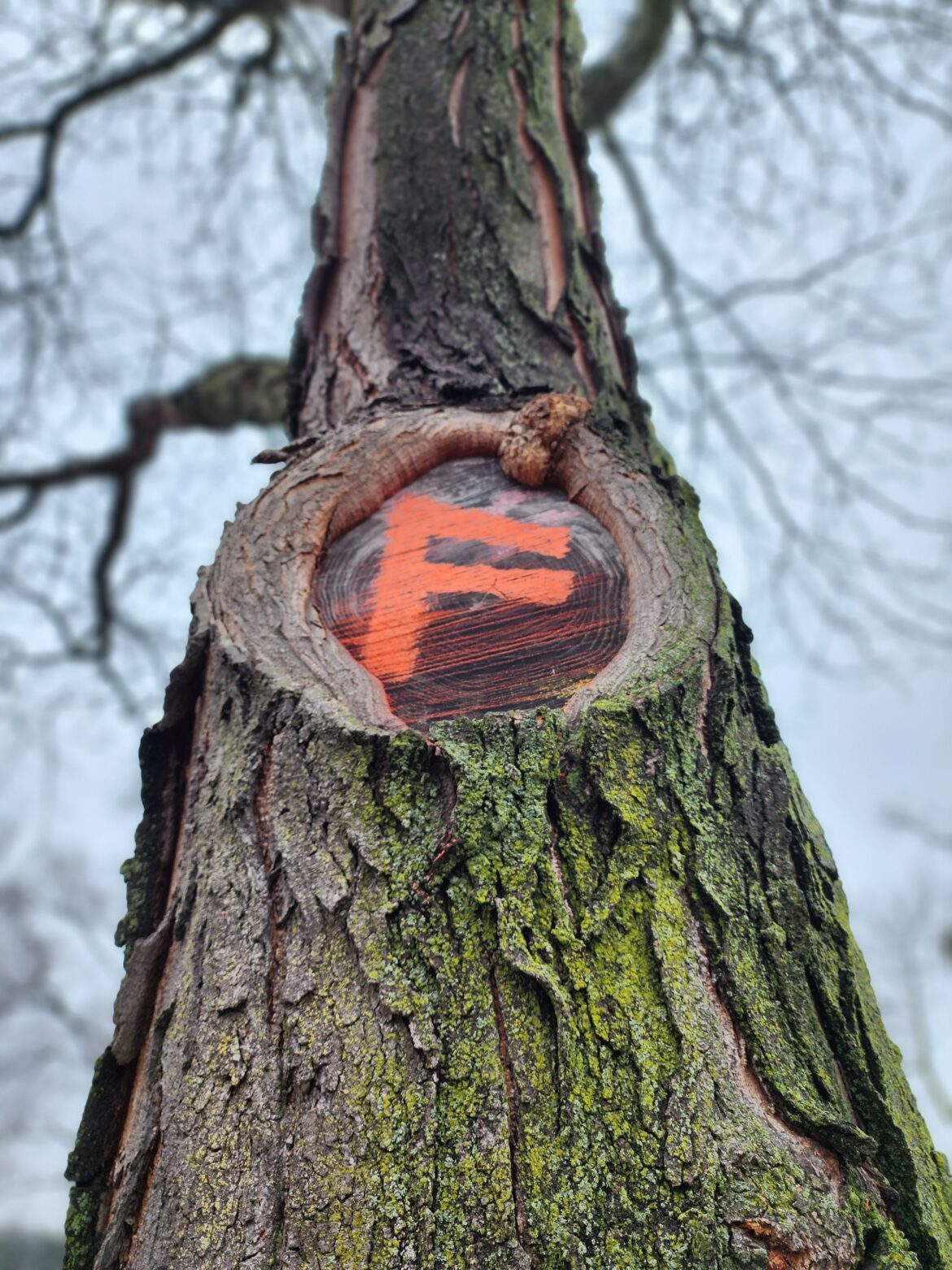Psychogeography is the effect of place upon the psyche and the importance of the psyche within the landscape. The term was first discussed in the early 1950s by Guy Debord of the Situationist International, who attributed its coining to “an illiterate Kabyle.” The concept itself is simple, ancient, and foundational to an animist view of the world. In his essay “Introduction to a Critique of Urban Geography,” Debord defines the term rather dryly and pseudo-scientifically as “the study of the precise laws and specific effects of the geographical environment, consciously organized or not, on the emotions and behavior of individuals.” The occultist and writer Alan Moore (who explores psychogeography in his graphic novel From Hell and in his novels Voice of the Fire and Jerusalem) adds another layer of nuance to Debord’s definition by emphasizing that consciousness also embeds itself into the landscape in turn: “in our experience of any place, it is the associations, the dreams, the imaginings, the history—it is all the information that is relevant to that place which is what we experience when we talk about a place.”


